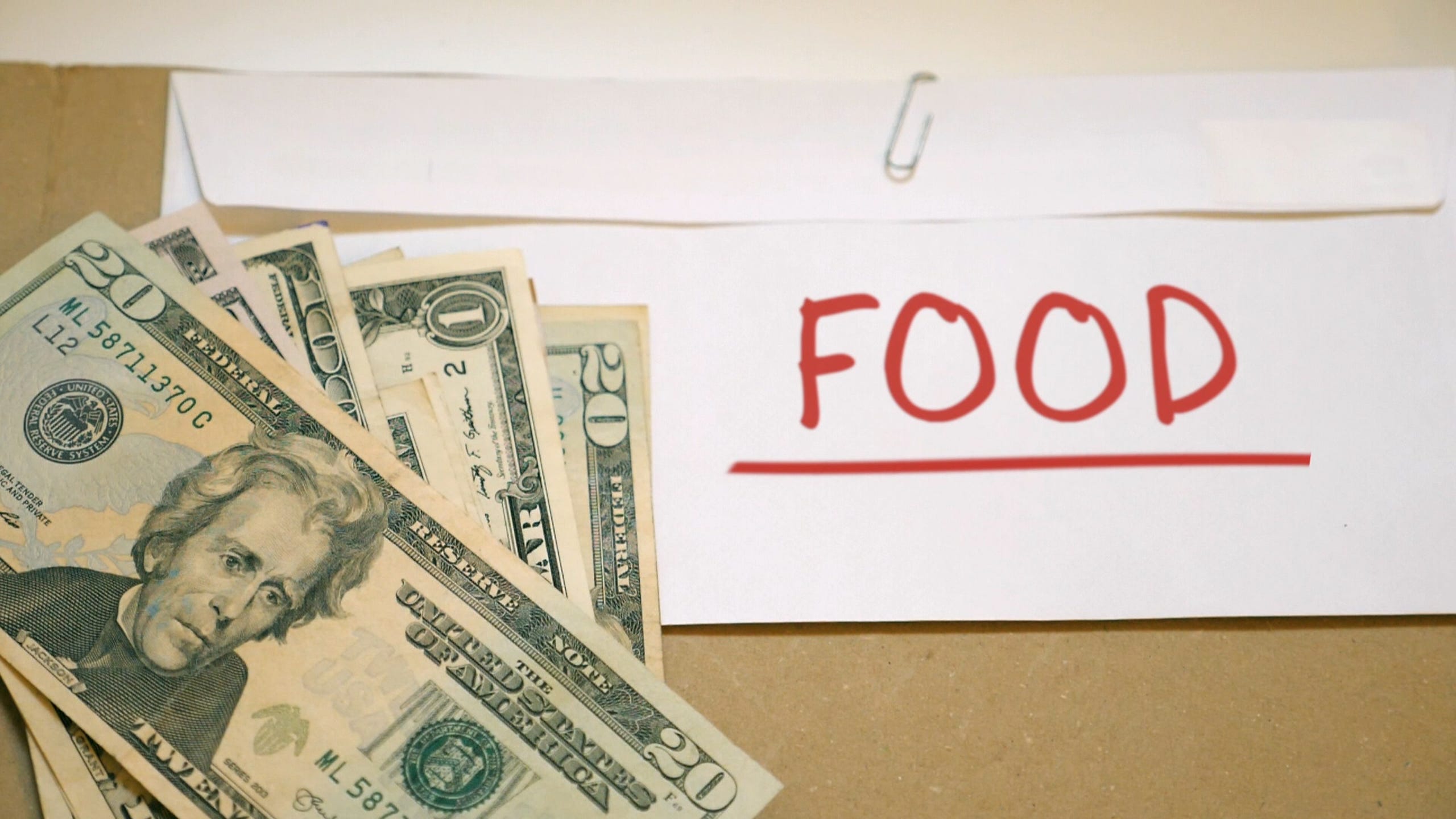As the world celebrates International Women's Day on Wednesday, there's new cause for concern: More women are feeling dread, worry, and burnout and are facing worsening financial pressures, even as inflation continues to ease, new polling shows.
Two of the top three concerns for women are inflation and the economy, according to a survey from Gender on the Ballot— a collaboration between the Barbara Lee Family Foundation and the Women & Politics Institute at American University— and Benenson Strategy Group.
The economy was a political cudgel Republicans attacked Democrats with during the 2022 midterms and will likely be another line of attack in the battle for control of the White House and Congress in 2024.
The survey, released on Wednesday and shared early exclusively with USA TODAY, comes after surging inflation led to soaring prices last year, ongoing concerns of a recession, and a debt limit crisis brewing in Washington.
Despite the financial pressure, 78% said women political leaders understand the challenges they're facing and 74% said women leaders would help solve the nation's challenges.
"If the election were tomorrow or even today, what we can say from this research is that women are telling us that they're more likely to vote with their wallets," said Amanda Hunter, executive director of the Barbara Lee Family Foundation.
Financial struggles
Concern about the economy remains high for women, with 60% saying they are pessimistic about the economy. Nearly half of the women, 47%, said they are anxious or worried about how things are going in the U.S.
Only 20% of those surveyed said they were hopeful.
More than half of all women, 56%, said their financial situations worsened in recent years, a six percentage point increase from last year and a 17 percent increase from 2021.
Women have had to resort to drastic measures because of their finances: 67% cut back on going out to restaurants, 48% cut back on groceries and 18% delayed or canceled preventive health screenings.
Younger women face higher financial struggles
Nearly 40% of younger women said they can make ends meet each month but struggle to pay or save for unexpected expenses; 20% of young women said they struggle to make ends meet each month and sometimes come up short.
Betsy Fischer Martin, executive director of the Women & Politics Institute, said the COVID-19 pandemic and the fallout from the 2020 presidential elections have both contributed to the feelings of dread and financial difficulties.
"This poll will be instructive for consultants and candidates running on how to thread that needle and how to advocate for things. But also in a way that can restore some of the hope and change that we saw so much a decade ago," Martin said.
Burnout is even more pronounced for moms and women of color
An overwhelming number of women, 60%, said they are more burnt out than usual. This is an 11 percentage point increase from 2022.
But for mothers and women of color burnout is more pronounced. Nearly 70% of moms with young children are burnt out, a 29 percentage point increase over last year.
For Black women, 56% said they were burned out, a 19 percentage point increase from 2022.
Women in political office
Despite the 118th Congress' record number of women in office, 63% of women still said there are too few women in elected office.
Interestingly enough, 85% of those surveyed believe there will be a woman president in the next 20 years. Yet choosing a woman for president in 2024 is important for only 42% of participants.
An overwhelming majority of women, 74%, like the idea of having more women in political office. Yet what matters most to them is party affiliation, not the candidate's gender.
Trust in elections
Half of the women surveyed said the 2024 presidential election will be more important than most, an eight percentage increase from the 2022 midterm elections. Yet only 55% of Republican women trust the results of national elections and only 66% trust in local elections. .
There remain large discrepancies between Republican women's college education levels and electoral integrity. Of the 45% of Republican women who do not trust national elections, 79% are non-college-educated.
Abortion is still an important topic
After the overturning of Roe v. Wade last year, 56% of women said they are less likely to support a presidential candidate who is opposed to abortion.
And roughly a third of Republican women said they are less likely to support a 2024 candidate who opposed abortion.
A little over half of the participants, 53%, said they personally support a person's right to abortion and believe it should be legal and available. That figure drops to 23% for Republican women.
Nearly half of all Democrats, 49%, said abortion rights are a top priority for them and want to see a push to improve abortion access.
The survey included 811 online interviews nationwide from Feb. 3 – 8, 2023 among registered women voters, with an oversample of women age 18-25. The margin of error is 3.4%.


